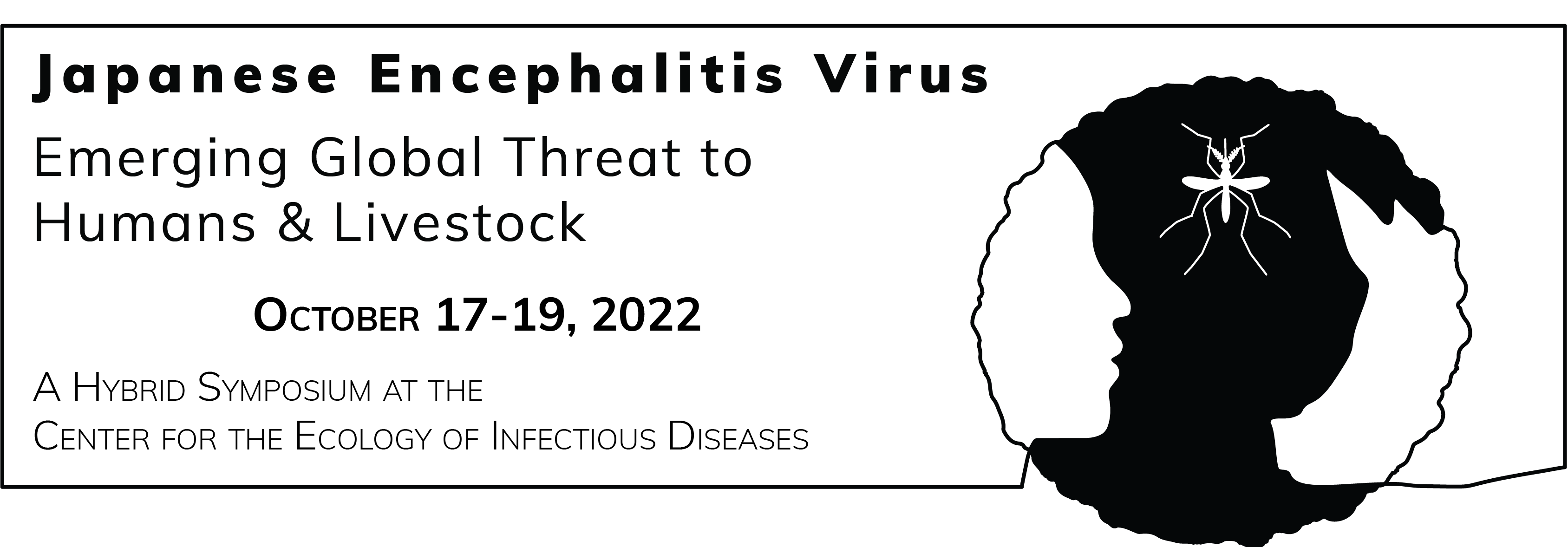
Mark Schipp
Australian Chief Veterinary Officer
Department of Agriculture, Fisheries and Forestry
Keynote Address: Australia’s Response to the 2022 Japanese Encephalitis Virus Outbreak and Lessons Learned
Dr. Mark Schipp was appointed Australian Chief Veterinary Officer in 2011. In 2012 he was elected to the OIE Council and in 2018 was elected President of the OIE General Assembly for a three year term. Together with the Chief Medical Officer, Schipp chairs the Australian Strategic and Technical Advisory Group on Antimicrobial Resistance. He is also a member of the Animal Health Committee.
Previously Schipp has held positions responsible for animal derived food product inspection, market access and export certification. Schipp served two terms overseas as Agriculture Counsellor in Seoul, South Korea and in Beijing, China.
Schipp is a biology and veterinary graduate of Murdoch University. After graduation he worked with the Western Australian Department of Agriculture.

